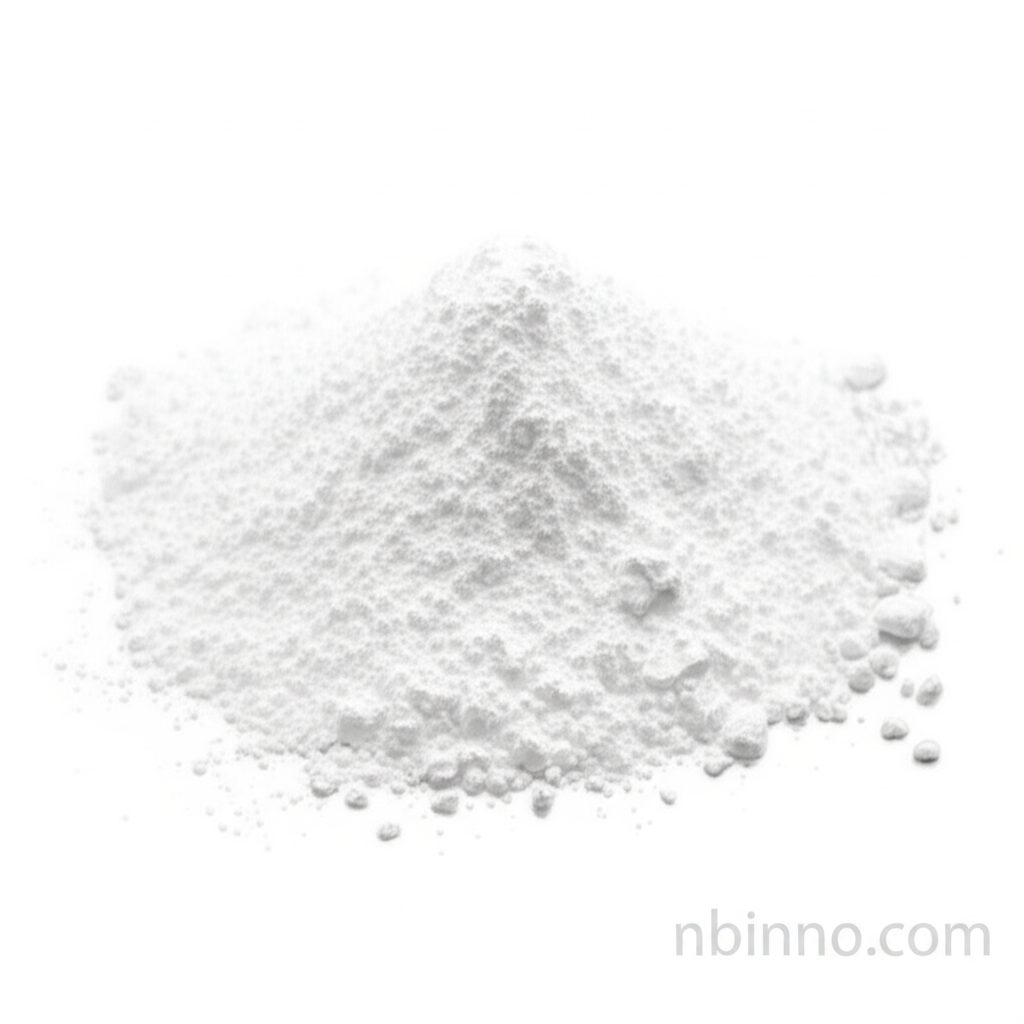Alumina Silicate (CAS 12141-46-7): Enhance Your Formulations with a Cost-Effective Alternative
Discover the advantages of Alumina Silicate (CAS 12141-46-7), a versatile white powder that acts as an excellent partial substitute for Titanium Dioxide in paints and coatings, offering significant cost savings and improved performance. As a leading manufacturer and supplier, we provide high-quality Alumina Silicate for various industrial applications.
Get a Quote & SampleUnlock Cost Savings and Performance with Alumina Silicate

Alumina Silicate for Superior Coatings
As a trusted Alumina Silicate supplier in China, we offer a high-purity white powder (CAS 12141-46-7) that significantly reduces the need for expensive Titanium Dioxide in your formulations. Our Alumina Silicate is an ideal manufacturer choice for paints, inks, and other industries seeking to improve product quality while managing costs. Explore how to buy Alumina Silicate that enhances opacity and brightness.
- Cost-Effective TiO2 Replacement: Utilize Alumina Silicate as a partial substitute for Titanium Dioxide in paints and coatings, saving on raw material expenses.
- Enhanced Opacity and Brightness: Achieve superior whiteness, brightness, and hiding power, making it a preferred choice for manufacturers looking to buy Alumina Silicate for demanding applications.
- Versatile Industrial Applications: Beyond coatings, our Alumina Silicate (CAS 12141-46-7) is suitable for printing inks, plastics, rubber, leather, paper-making, and as a crucial refractory material.
- Reliable Supplier in China: Partner with a dependable Alumina Silicate manufacturer for consistent quality and supply, ensuring your production needs are met efficiently.
Key Advantages of Our Alumina Silicate
Significant Cost Reduction
By partially replacing Titanium Dioxide with our Alumina Silicate (CAS 12141-46-7), you can achieve substantial savings in your manufacturing process, making it an attractive option for businesses aiming to lower production costs and improve price competitiveness.
Improved Formulation Performance
Our Alumina Silicate enhances the opacity, brightness, and contrast ratio of paints and inks. This leads to better coverage with fewer coats, contributing to material efficiency and overall product quality, a key consideration when purchasing chemical intermediates.
Broad Application Spectrum
The versatility of Alumina Silicate extends to its use in printing ink, plastics, rubber, leather, paper-making industries, and crucially as a refractory material for glass, ceramics, cement, and metal smelting, offering a comprehensive solution for diverse manufacturing needs.
Diverse Applications of Alumina Silicate
Paints & Coatings
A premier choice for manufacturers seeking a cost-effective partial substitute for Titanium Dioxide, improving whiteness, opacity, and reducing formulation costs. Ideal for those looking to buy pigments and extenders.
Printing Inks
Enhances print quality and color vibrancy in various printing ink formulations, providing consistent performance for ink manufacturers and suppliers.
Plastics & Rubber
Used as a functional filler to improve mechanical properties and processability in plastic and rubber manufacturing, catering to compounders and material suppliers.
Refractory Materials
Essential for high-temperature applications in ceramics, glass, cement, and metal smelting industries due to its thermal stability and heat resistance.
